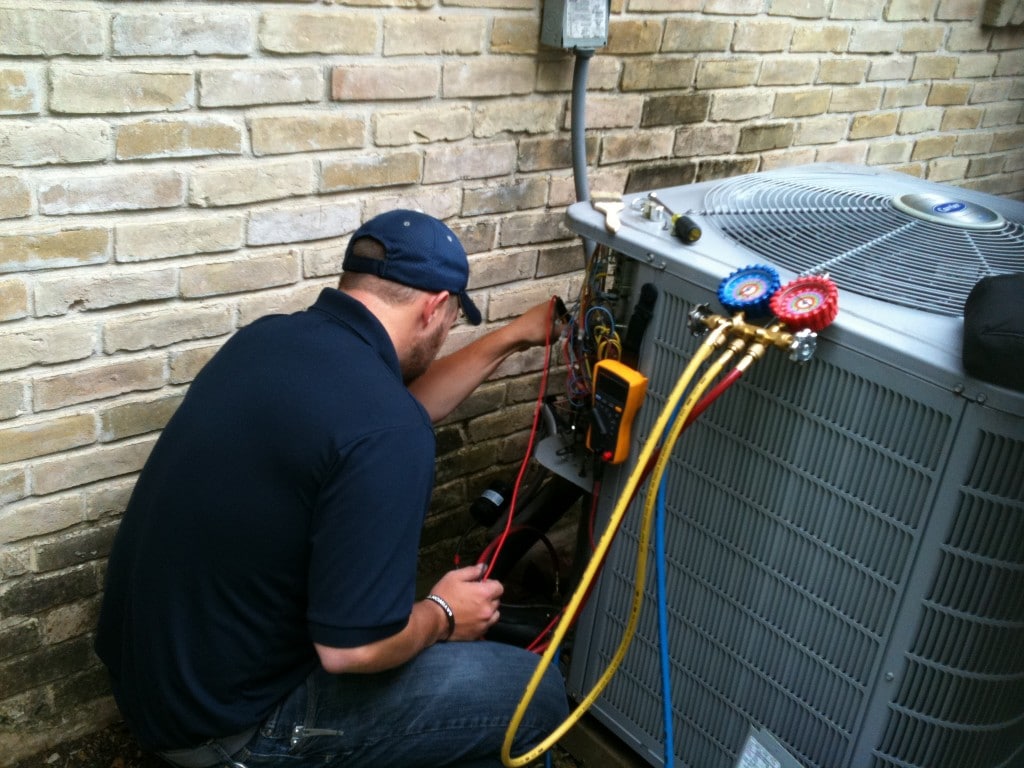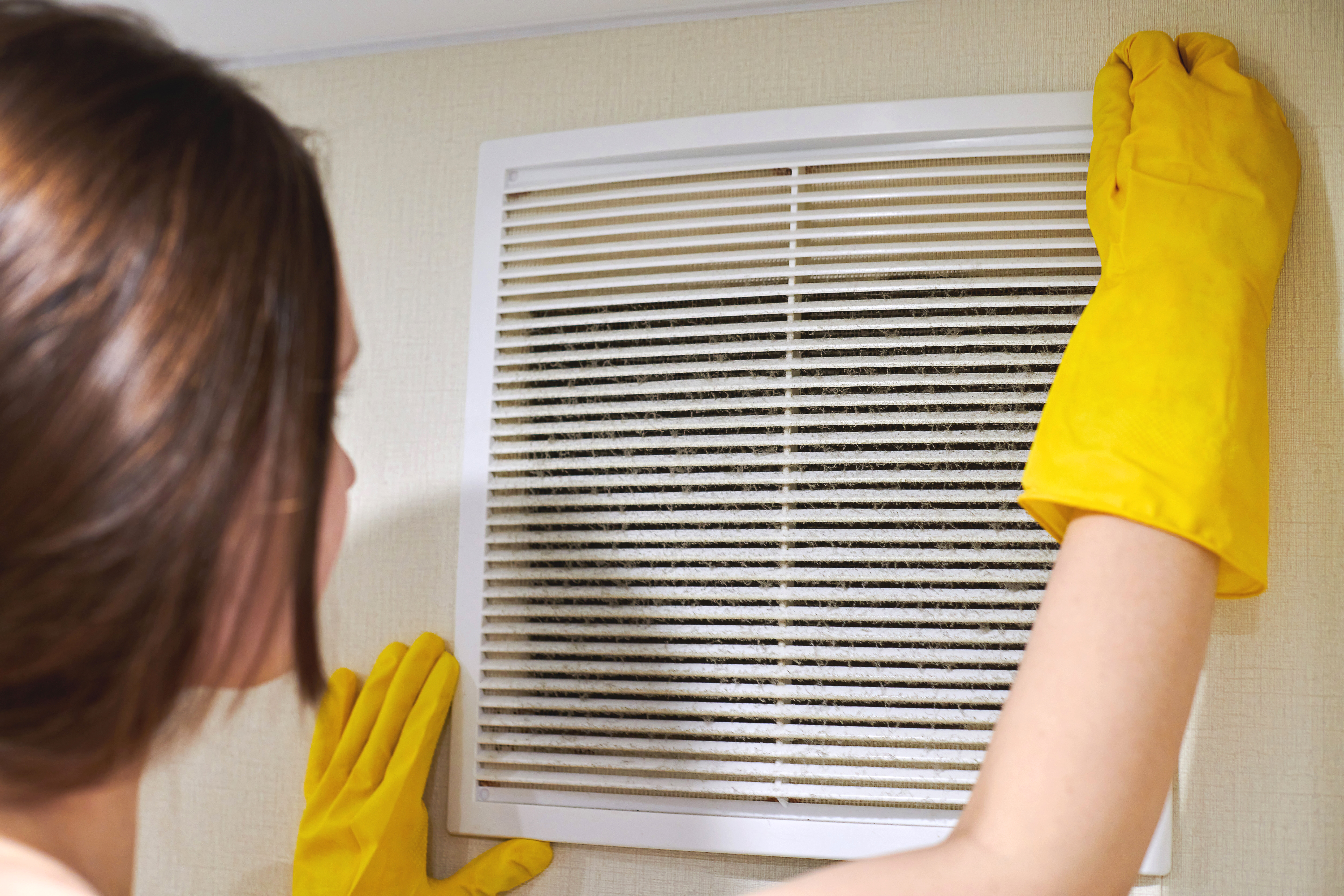Your HVAC system is the workhorse of your house, providing consistent temperatures in your home all year long. However, when your system doesn’t perform as it should, it can be very frustrating and lead to uncomfortable conditions in your house. If you have noticed more frequent problems with your system or inconsistent temperatures in different rooms, you might be considering calling the HVAC technician for another repair. Considering that a repair is typically cheaper than a replacement, it might seem like the better option.
Before you call for an HVAC repair, it could be beneficial to explore all of your options. While you could have another repair done on your worn-out HVAC system, you might be putting a band-aid over the problem that will just come back soon. The general rule is that if an HVAC repair costs more than half of the cost of a new system, it might be better to replace the unit. Aside from this, however, there are many other considerations when deciding what to do about your old system. Before you pay for another repair, let’s consider the signs that might mean it is time to replace your worn-out HVAC equipment.
Older System

HVAC replacement is an expensive move, and there are several things to consider before making a decision. One of the biggest factors to consider is the age of your equipment. On average, your HVAC equipment will last about 20 years. Regular maintenance and service can help extend the life of your unit. However, at some point, it will need to be replaced. If your current system is nearing the 20-year mark and you notice several issues, you might need to consider a replacement.
As an HVAC system ages, it will become less efficient. If your aging system slows down, you might notice decreased airflow, poor indoor air quality, and higher energy bills. Upgrading your HVAC unit will be an expensive home improvement project. However, a new system can prove to be much more energy-efficient, and you could see significant energy savings over the course of the first year.
Safety Issues
The safety of your home and your family are probably ranked pretty high on your priority list. As your system wears out, it could create numerous safety hazards. Malfunctions in your system can lead to wiring problems and damage to essential components like the heat exchanger. Electrical connection issues could create fire hazards that threaten your home and your family. Additionally, a cracked heat exchanger could create combustion issues that lead to carbon monoxide leaks. Carbon monoxide is colorless and odorless and can go undetected. If not addressed, a build-up of carbon monoxide inside your home could lead to serious health consequences. If you suspect that your older unit poses safety issues, system replacement might be your only option.
Constant Repairs

If your heating cooling system requires more frequent repairs, it might be time to consider a replacement. A well-functioning system only requires frequent air filter changes and routine maintenance. If you have had to put the HVAC technician on speed dial, that is a sign that you are pumping money into a dying system. Multiple repairs can become expensive quickly. The money you spend on repairing your worn-out equipment might be better used toward the purchase of a newer, more energy-efficient HVAC unit. If your equipment requires constant repairs, it might be best to consider how you can replace your unit rather than fix it.
If your worn-out system is the culprit behind rising energy bills, inconsistent temperatures, or safety issues, it might be time to consider a system replacement. If a repair buys a few more years, it might be worth it. However, if your equipment will need more repairs in the near future, a new system might be worth the investment.

